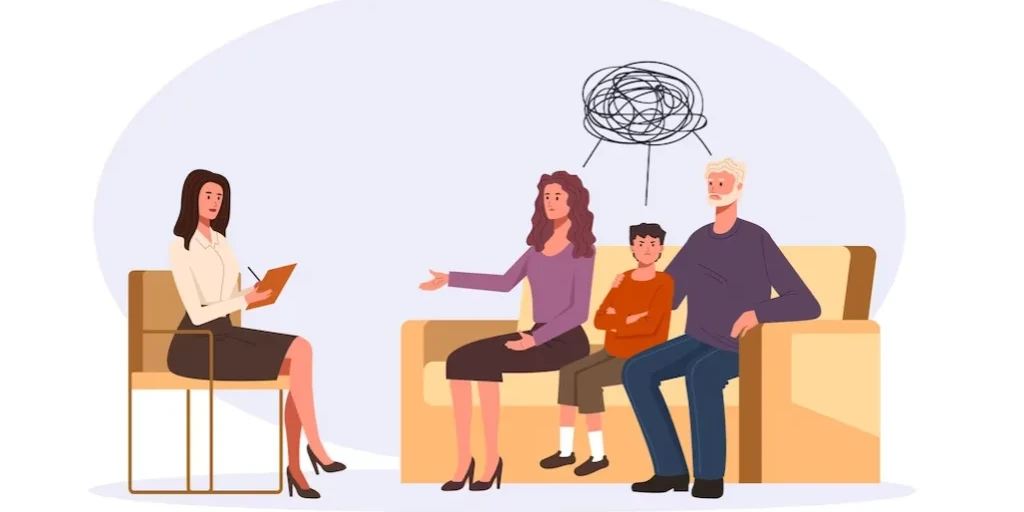serve as a critical lifeline for individuals grappling with addiction. These centers focus on a range of substance dependencies, including alcohol, opiates, stimulants, and prescription drugs. Group therapy offers a supportive environment where individuals can share their experiences, gain insightful feedback, and cultivate personal connections that are essential for healing. This therapeutic approach is essential for recovering from addiction as it emphasizes not only individual healing but also interpersonal skills and community support, which are cornerstone concepts in rehabilitation. The evolution of group therapy as a treatment modality dates back several decades, with its principles rooted in the belief that shared experiences can foster healing. Over time, the impact of group therapy rehab centers in Ford has significantly contributed to the larger tapestry of addiction recovery across the United States, reinforcing that recovery is a collective journey, not a solitary battle. In essence, these centers are not merely facilities; they represent a beacon of hope, guiding individuals toward a sober, fulfilling life by prioritizing compassion, connection, and comprehensive care.
Learn more about Group Therapy centers in Ford



















































